There are pregnant women who have complications in their pregnancy and are not allowed to give birth vaginally. Cesarean birth becomes the birth method of choice, which is entirely different from a vaginal birth, so from assessment until discharge, healthcare professionals holistically adjust the care plan to accommodate the woman anticipating cesarean birth.
Embracing the cesarean birth experience with compassion, respect, and evidence-based practice, nurses play a vital role in creating a supportive environment that empowers mothers to navigate this transformative journey with confidence and positivity.
What is a Cesarean Birth?
Cesarean birth, also known as a C-section, is a surgical delivery method where the baby is delivered through an incision made in the mother’s abdomen and uterus. This procedure is performed when vaginal delivery is unsafe or not feasible for the mother or the baby, either due to specific medical conditions or during labor complications. Cesarean birth can be planned in advance or performed as an emergency intervention, and it has become a common and important aspect of modern maternity care.
Preoperative Assessment
A nursing assessment of a pregnant woman about to undergo cesarean birth is also important to obtain a health history that would become essential later on.
- Assess the woman about past surgeries, secondary illnesses, allergies to foods or drugs, reaction to anesthesia, and medications that could increase any surgical risk.
- The woman should be in the best possible physical and psychological state before undergoing any surgery.
- An obese woman with poor nutritional status is at risk for slow wound healing.
- Tissue that contains extra fatty cells would be difficult to suture and the incision will heal much slower and predispose the woman to infection and dehiscence.
- An obese woman would also have difficulty in initiating ambulation and turning after surgery as it will increase the risk for pneumonia or thrombophlebitis.
- A woman with protein or vitamin deficiency is also at risk for poorer healing because these are needed for new cell formation at the incision site.
- Age can also affect surgical risk because it can cause decreased circulatory and renal function.
- A woman who has a secondary illness is also at greater surgical risk depending on the extent of the disease because the secondary illness may affect the woman’s ability to adapt to the demands of the surgery.
- The general medication history of the woman must also be assessed because there are drugs that could increase the surgical risk by interfering with the effects of anesthesia.
- A woman with lower than normal blood volume might feel the effects of surgery more than a woman with normal blood volume.
- An example of this is a woman who began labor and was told later on that she should undergo cesarean birth instead because she may not have had anything to eat or drink for almost 24 hours.
- To prevent fluid and electrolyte imbalance, intravenous fluid replacement is initiated preoperatively and postoperatively.
- There are women who are very worried about the procedure, so they need a very detailed explanation of the procedure before they can enter surgery without intense fear.
- A woman who is frightened is at greater risk for cardiac arrest during anesthesia administration.
- Acknowledge that the woman’s fear of surgery is normal so that she can view her feelings as expected which could increase her self-esteem.
- The newborn is also at greater risk than those newborns born through vaginal delivery.
- Infants born through cesarean delivery develop a degree of respiratory difficulty because when a fetus is pushed through the birth canal, pressure on the chest helps to rid the newborn lungs of fluid.
Preoperative Diagnostic Procedures
Before undergoing surgery, the woman must subject herself to the diagnostic procedures as recommended by her physician.
- Diagnostic procedures that a woman must undergo before surgery include circulatory and renal function assessments and fetal heart rate.
- For the circulatory system, diagnostic procedures include complete blood count, and PT and PTT.
- For renal function, an assessment of urine is necessary.
- Other diagnostic procedures include vital sign determination, serum electrolyte and pH, blood typing and cross-matching, and ultrasound to determine fetal presentation and maturity.
- When a woman experiences prolonged labor, she may have an elevated leukocyte count of up to 20, 000/mm3, so this finding would not be a good indicator of infection.
Preoperative Measures
Preoperatively, there are measures that should be taken to ensure the woman’s safety during surgery.
- The most important responsibility of the surgeon is securing informed consent from the patient.
- It is everyone’s responsibility to see to it that consent is obtained, and witnesses might be asked to witness the woman’s signature.
- The consent must be informed, and the risks and benefits of the procedure must be explained in a language that the woman understands.
- Upon admission, the woman is provided with a clean hospital gown, and her hair is pulled into a ponytail.
- The woman’s nails should be free from nail polish or any acrylic fingernails because nails are used to assess capillary refill.
- To decrease stomach secretions, a gastric emptying agent is used before surgery, because the woman would be lying on her back during surgery which makes esophageal reflux and aspiration highly possible.
- An indwelling catheter is prescribed before or after the surgery to reduce bladder size and keep the bladder away from the surgical field.
- Make sure that you have good lighting when inserting a catheter on a pregnant woman to clearly reveal the perineum.
- The urine should be draining freely, and the drainage bag should be kept below the level of the bladder during transport to prevent backflow and the introduction of microorganisms into the bladder.
- To ensure that the woman is fully hydrated, an intravenous solution such as Ringer’s can be started as prescribed.
- Only a minimum of preoperative medications is given to prevent compromising the fetal blood supply and make sure that the newborn is wide awake at birth and respirations are initiated spontaneously.
- Documentation of nursing care up until the woman leaves the hospital must be complete and factual.
- Upon transport to surgery, ensure that the woman is lying on her left side to prevent supine hypotension.
- Ensure that the side rails are up, and the woman is covered with a blanket.
- A support person may be needed during cesarean birth, and they also need encouragement to watch the birth live.
Intraoperative Measures
- While anesthesia is being administered, a surgical nurse will assist the woman first to move from the transport stretcher to the operating table.
- The anesthesia of choice is usually a regional block.
- Encourage the woman to remain on her side or insert a pillow under her right hip to keep her body slightly tilted to the side to prevent supine hypotension.
- In emergency cases, spinal anesthesia is administered while the woman is sitting up.
- It would be difficult for a woman in labor to remain in a curved position during the administration of the anesthetic, so talk to her gently and let her lean on you while you gently restrain her.
- Epidural anesthesia is administered while the woman is lying on her side, and it has an effect that lasts for 24 hours, so continuous pulse oximetry must be used 24 hours post-surgery to detect respiratory depression.
- For skin preparation, shaving away abdominal hair and washing the skin over the incision site with soap and water could reduce the bacteria on the skin.
- The woman is then positioned with a towel under her right hip to move abdominal contents away from the surgical field and lift her uterus away from the vena cava.
- The woman would be covered by a sterile drape to block the flow of the bacteria from her respiratory tract to the incision site and also block the woman’s and support person’s lines of sight from the incision site.
- The incision area is scrubbed with an antiseptic, and additional drapes are placed around the area so that only a small area of the skin is exposed.
- Prepare the woman and the support person for the sights they might see.
- A classic incision is made vertically through both the abdominal skin and the uterus.
- A disadvantage of this type of incision is that it leaves a wide skin scar and also runs through the active contractile portion of the uterus.
- The woman would not be able to have a subsequent vaginal birth because this type of scar could rupture during labor.
- A low segment incision or low transverse incision is made horizontally across the abdomen just over the symphysis pubis and also horizontally across the uterus just over the cervix.
- This is the most common type of incision and is also referred to as a “bikini” incision.
- It is less likely that this type of incision would rupture during labor, so it is possible for the woman to have VBAC in the future.
- It results in less blood loss, easier to suture, decreases puerperal infections, and is less likely to cause postpartum gastrointestinal complications.
- The disadvantage of this incision is that it takes longer to perform, making it inappropriate for an emergent cesarean birth.
Postpartal Care
- The postpartal care period of a woman who has undergone emergent cesarean birth is divided into two: immediate recovery period and extended postpartal period.
- After surgery, the woman would be transferred by stretcher to the postanesthesia care unit.
- If spinal anesthesia was used, the woman’s legs are fully anesthetized so she cannot move them.
- Pain control is a major problem after birth because it was so intense that it interfered with the woman’s ability to move and deep breathe.
- This may lead to complications such as pneumonia or thrombophlebitis.
- Use a pain rating scale to allow a woman to rate her pain.
- Some women may need patient-controlled analgesia or continued epidural injections to relieve the pain.
- Supplement the analgesics with comfort measures such as a change in position or straightening of bed linen.
- Instruct the woman to ambulate because this is the most effective method to relieve gas pain.
- Inform the woman that she should not take acetylsalicylic acid or aspirin because this can interfere with blood clotting and healing.
- Instruct the woman to place a pillow on her lap as she feeds the infant to deflect the weight of the infant from the suture line and lessen the pain.
- Football hold for breastfeeding is a way to keep the infant’s weight off the mother’s incision.
- During the extended postpartal period, the woman most commonly experiences gastrointestinal function interference.
- Note carefully the woman’s first bowel movement after surgery because if no bowel movement has been observed, the physician may order a stool softener, a suppository, or an enema to facilitate stool evacuation.
- Teach the woman to eat a diet high in roughage and fluid and to attempt to move her bowels at least every other day to avoid constipation.
- Incisional pain may interfere with the woman’s ability to use her abdominal muscles effectively, so the physician may prescribe a stool softener.
- Caution the woman not to strain to pass stools because this puts pressure on their incision.
- Advise the woman to keep their water pitcher full as a reminder for her to drink fluids.
- Reassure the woman that it is normal not to have bowel movements for 3 to 4 days postoperatively, especially if there is enema administered before surgery.
Surgical Considerations
Just like any surgical procedure, cesarean birth also has its systemic effects. The responses made by the body must be observed by the health care providers carefully so that they could detect any abnormality and provide prompt intervention.
Body Defenses
- The primary line of defense that serves as barrier against bacterial invasion is the skin.
- The moment the skin is incised during surgery, this important line of defense is lost.
- Since the primary defense has been impaired, strict aseptic technique must be observed.
- The woman’s risk for infection is greater if cesarean is performed hours after the membranes have ruptured.
- If the membranes are intact, the physician may prescribe prophylactic antibiotics such as ampicillin or cephalosporin to ensure protection against postsurgical endometritis.
Body Organ Function
- The body’s normal functions can be disrupted once a body organ is handled, damaged, or repaired in surgery.
- When there is edema or inflammation, the body organ is impaired further, as well as the surrounding organs.
- Compresses blood vessels because of edema can affect the distant organs because they can be deprived of blood flow, leading to reduced function in those organs.
- The uterus may not contract well after surgery because it was handled, and this could lead to postpartum hemorrhage.
- The bladder will be displaced so that the surgeon can reach the uterus and as a result, the bladder could not sense filling after the procedure.
- Paralytic ileus or halting of intestinal function may also occur because pressure is also felt by the intestines during surgery.
- Thrombophlebitis is also possible because of impaired lower extremity blood flow.
Circulatory Function
- There is always blood loss during surgery, even though vessels that must be cut for surgery are immediately clamped and ligated.
- Excessive blood loss can lead to hypovolemia and low blood pressure and this could lead to ineffective perfusion of all body tissues.
- In a vaginal birth, the woman loses 300 to 500 mL of blood, while in a cesarean birth approximately 500 to 1000 mL of blood is lost.
- The amount of blood lost during cesarean birth is higher because pelvic vessels are congested with blood waiting to supply the placenta.
Stress Response
- The body has its own way to respond to stressors either physical or psychosocial to preserve the functions of the body.
- Stress causes the release of epinephrine and norepinephrine from the adrenal medulla.
- Epinephrine causes an increase in heart rate, bronchial dilation, elevated blood glucose level, peripheral vasoconstriction, and an increase in blood pressure.
- These responses can antagonize anesthetic reaction which is aimed at minimizing body activity.
- This may also minimize the pregnant woman’s blood supply to the lower extremities.
- The woman is already prone to thrombophlebitis because of the stasis of blood flow, so this can increase the risk of thrombophlebitis.
Self-Esteem
- There is always an incisional scar left by surgery afterward.
- Fortunately, the scar caused by cesarean birth is not overly noticeable because it is made horizontally across the lower abdomen.
- A woman may still feel a loss of self-esteem if she believes that it marks her as a woman less than others because she was unable to give vaginal birth.
- The effects of surgery on a pregnant woman can be a lot to take in, but there are always healthcare providers who will guide and teach them every step of the way. The aim of health care providers is to provide safety and comfort for post-surgery patients, especially pregnant women who gave birth via cesarean section, so that their birth experience would be as wonderful as a vaginal birth.
Giving birth to an infant through cesarean section needs careful assessment and precise care measures to ensure the optimum safety of the woman even before the procedure is done. Cesarean birth has its own risks, and as healthcare providers, we must make sure that not one of these risks would occur.






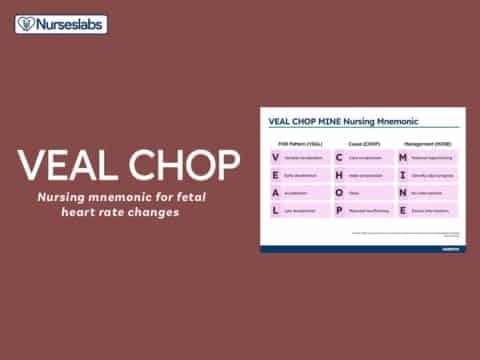
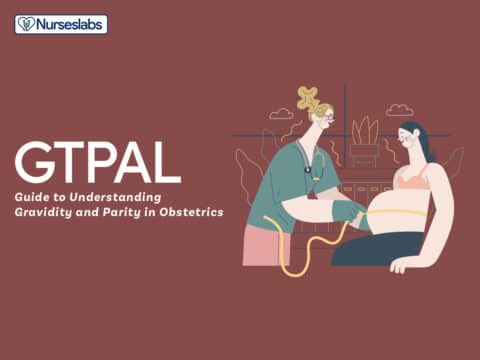
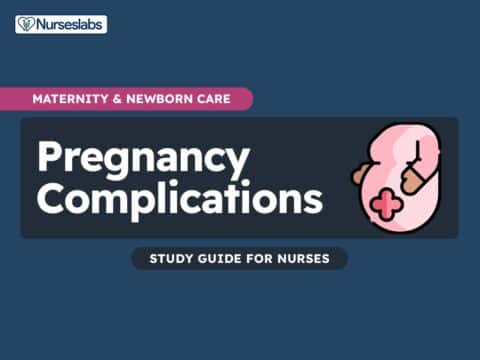

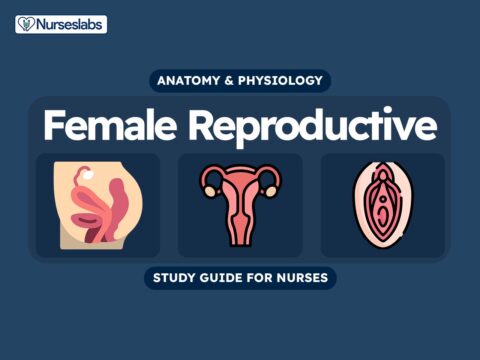

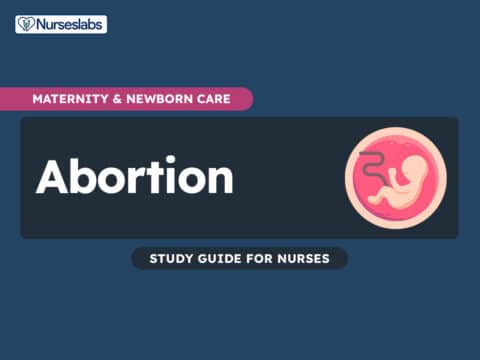

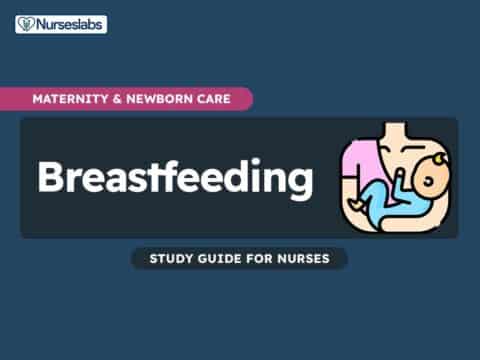





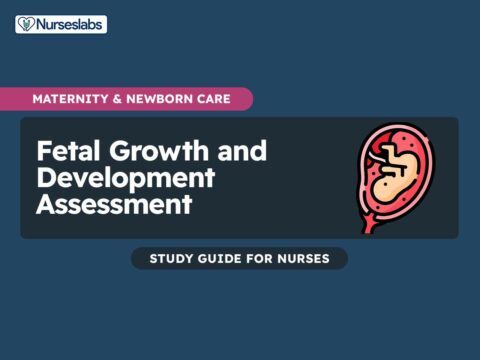


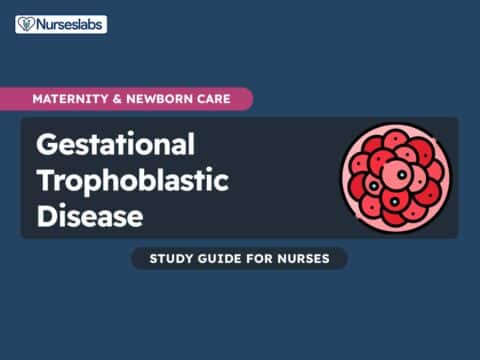


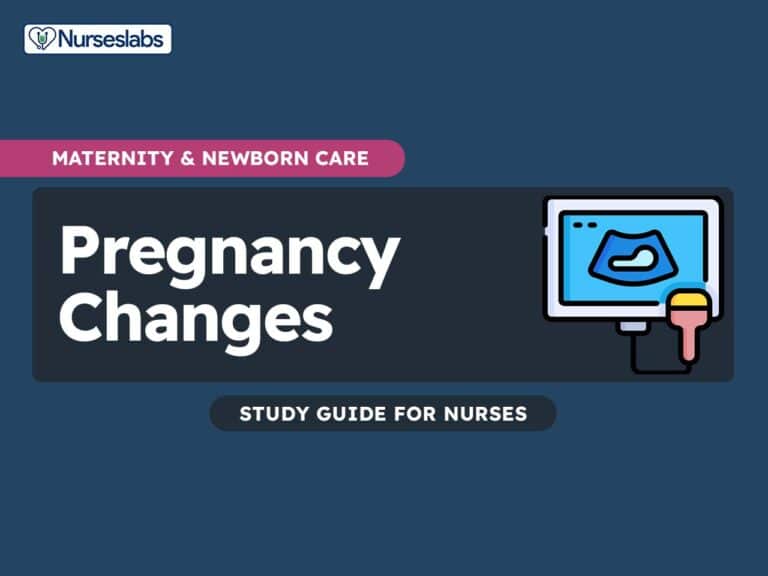

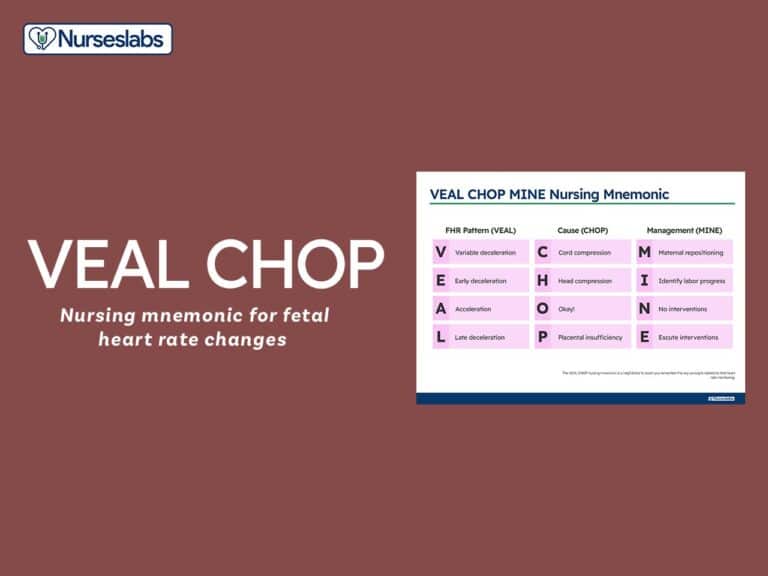

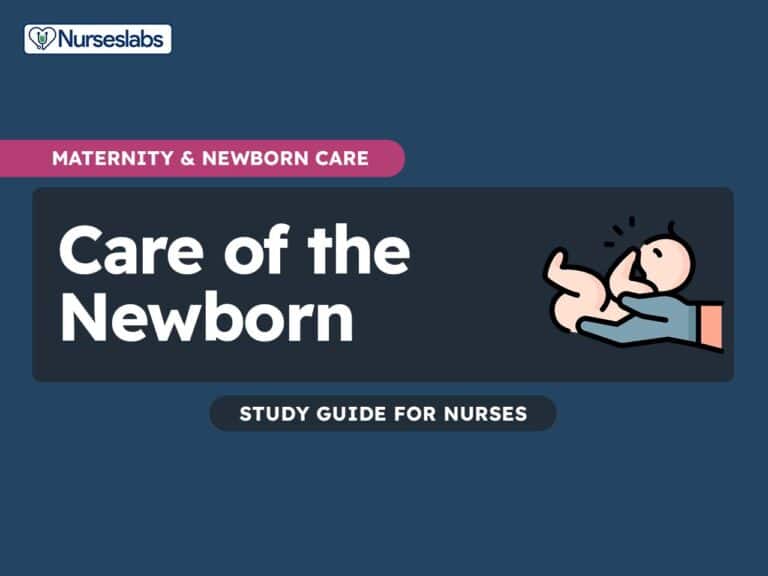
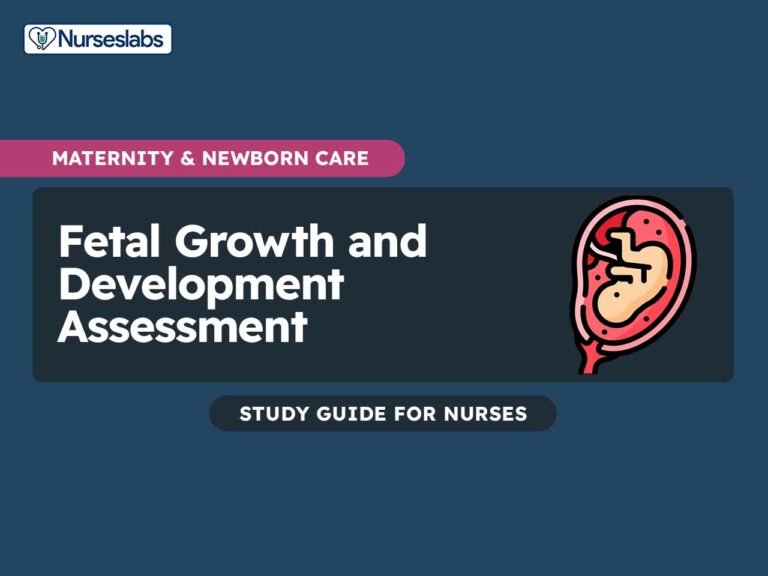
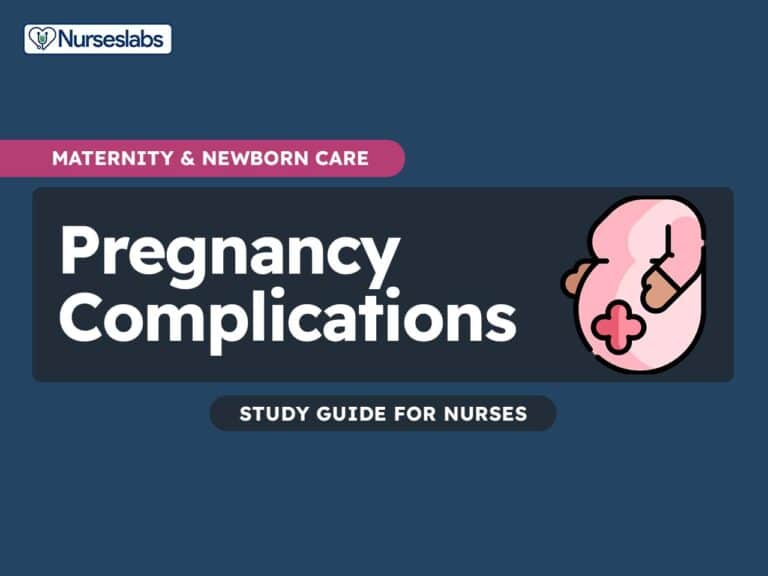
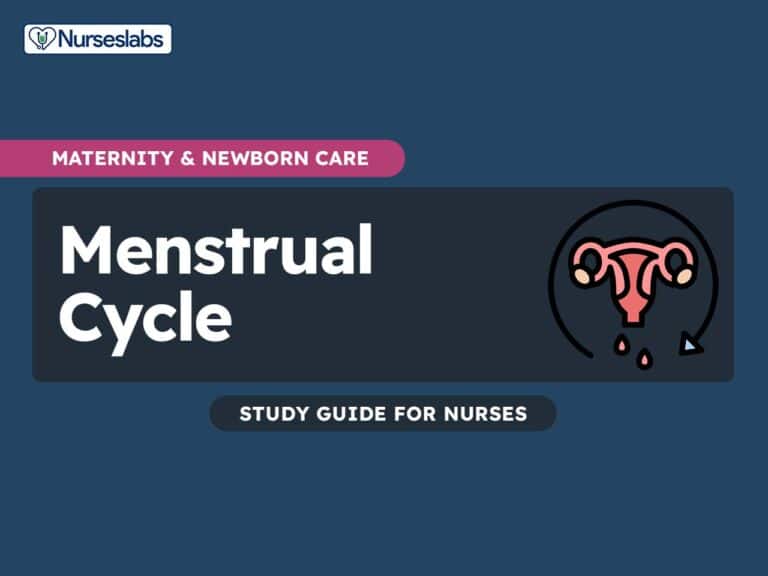



Leave a Comment